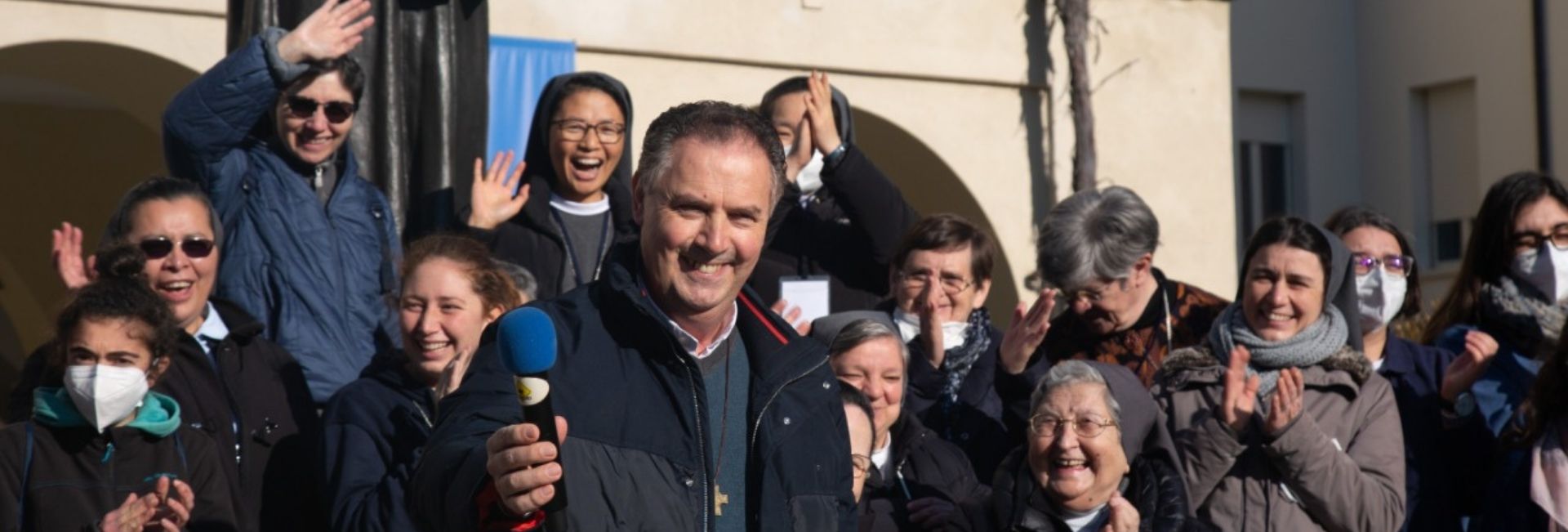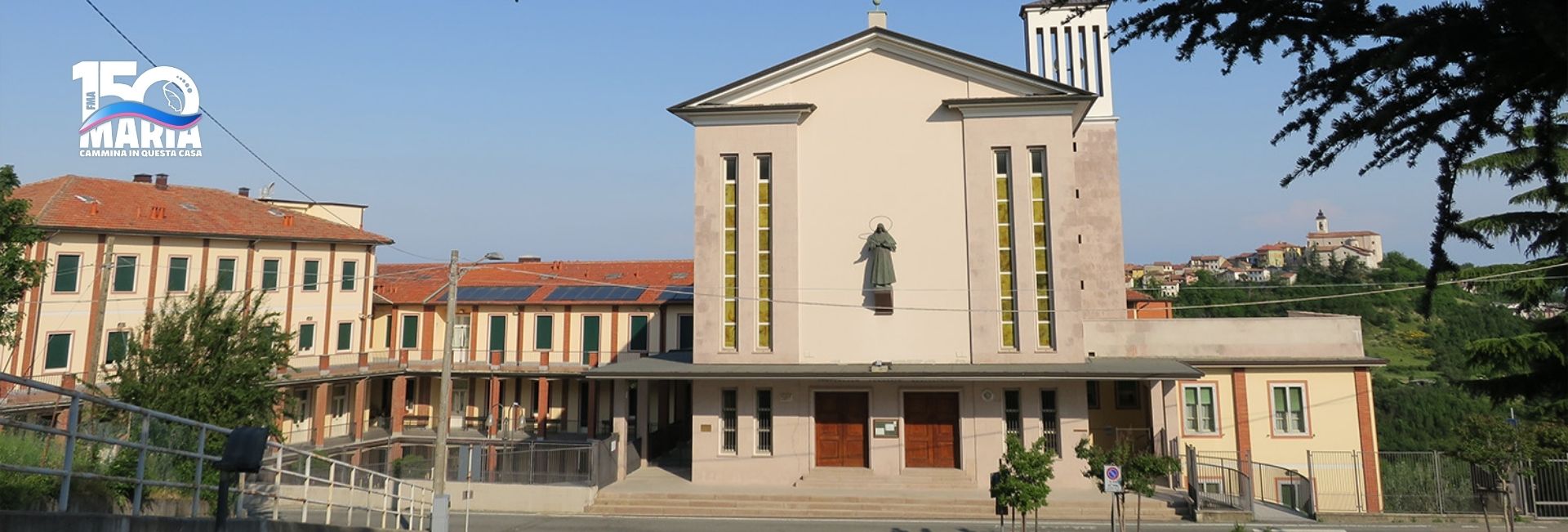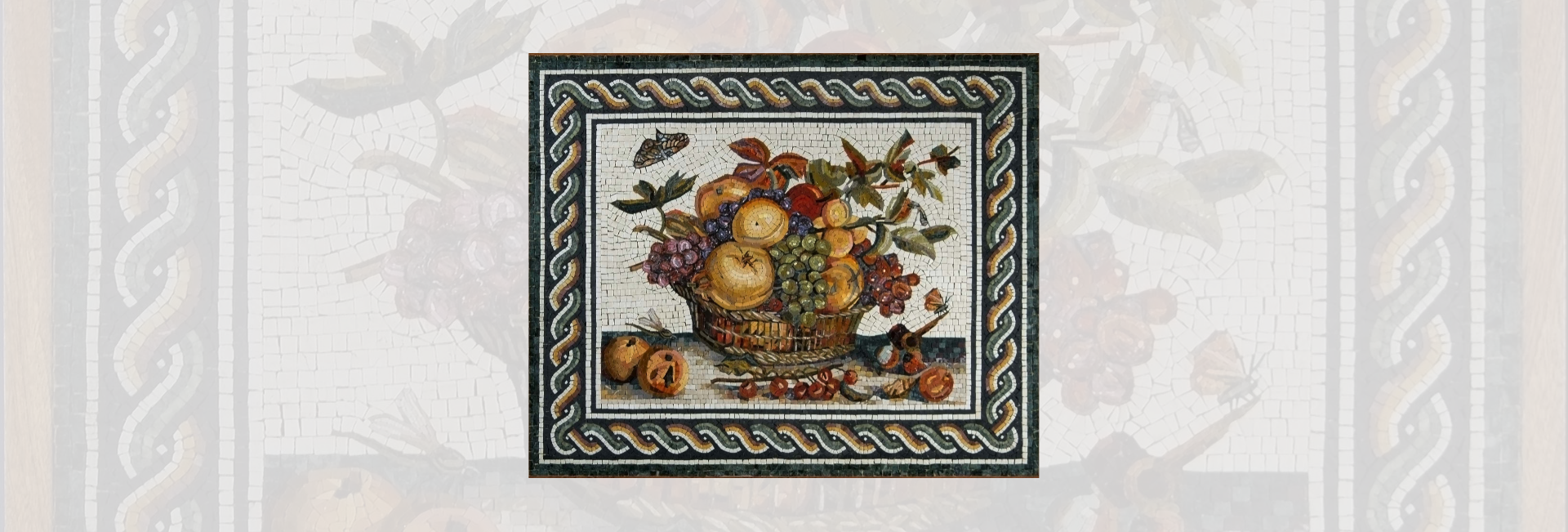Without the others we cannot be ourselves
10 March 2022Both our partners and we use cookies on our website to personalize content and advertising, provide functionalities to social networks or analyze our traffic. By clicking you consent to the use of this technology on our website. You can change your mind and personalize your consent whenever you want by returning to this website.
VDB and the Salesian Family Identity Card

To describe how the institute of the VDB -the volunteers of Don Bosco lives and relates to the Identity Charter of the Salesian Family, I would like to quote what is reported in Article 8 of the document: The first Volunteers of Don Bosco, led by Fr Filippo Rinaldi, inaugurated the consecrated secularity of women in the Salesian Family: united among themselves by the spiritual bonds of the vows of chastity, poverty and obedience, they carried out the common Salesian mission in the contexts of the family and the daily workplace (the first VDB - which were then called "Zealots" – and professed only the vow of chastity).
We, the VDBs are part of the great Salesian Family, but our belonging expands in circles concentric to the local Church in which we live, to the reality in which we operate up to the world in which we live with an evangelical and critical spirit. Living our consecrated secularity as women is a task that requires us to keep this specificity of ours ever present, nourished by our common baptismal consecration. We live our consecration in the apparently "obscuring" ourselves, without revealing our real identity as consecrated women to all. But this does not exempt us from "feeling sent" to perform our apostolic mission in the context of our families that we live in, the world of our regular workplaces, our societal relations and our civil obligations.
As active members of the Salesian Family, we use the many means that the world makes available to us to carry out our consecration, those of work and culture, of friendly relationships and civil commitment, of artistic taste, of professional competence and scientific achievements, of moral honesty both in the private and public spheres and of the small daily realities that give flavor to life; these values must be defended and promoted by all (art. 18 CIFS).
Our choice of a secular consecrated life allows us, as always recalled in article 18, to insert ourselves into concrete situations, following the furrows of everyday life. It helps us to identify possible and effective interventions in response to emerging needs, and requires of us the ability to read situations with intelligence and competence, always inspired by the orientations of the Social Doctrine of the Church .
St. Francis de Sales, the source of the concept of Salesian Family to Don Bosco, spoke of "ecstasy" and, according to the etymology of the term, with this expression he wanted to indicate "the exit from oneself and the reaching out to the other." It is the experience of each of us. First we were attracted to and were conquered by God, and were absorbed more and more into His mystery and then knowing how to reach out towards the world, we chose to live our daily life sharing everything with the people whom God himself had put beside us. We thus live in a unique way one of the three ecstasies that St. Francis de Sales considered, the “intellectual one”. It can be understood as amazement for what God is, but also a wonder for the great works that he has done in creation and still continues to do in the lives of people and in the history of humankind. It is a gaze that matures if proper space is assigned to the meditation of the Word of God. It is the Word, in fact, that opens the eyes and makes us see things with the very gaze of God. It allows ourselves to be shaped by events, while constantly trying, despite our limitations, to reach what Don Filippo Rinaldi, our founder, described as "operant contemplation" (art. 28 CIFS).
C.E.



